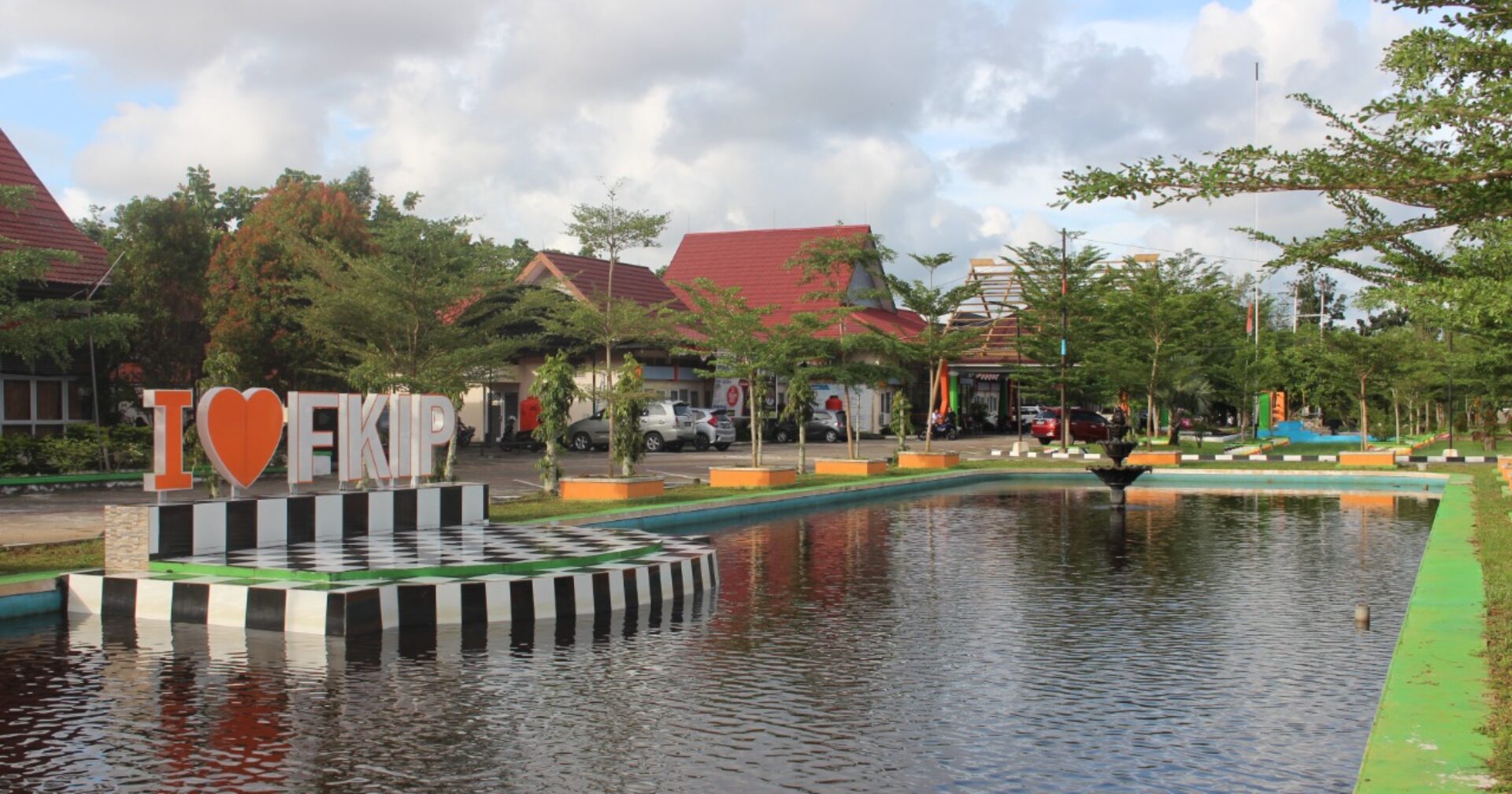
Seminar Nasional Pendidikan 2024
TEMA: "STRATEGI NAVIGASI PENDIDIKAN INKLUSIF UNTUK MENINGKATKAN SDM YANG BERKUALITAS DAN BERDAYA SAING"
Sub Tema:
- Pendidikan inklusif
- Kebijakan Pendidikan inklusif
- Pelatihan dan Pengembangan Profesional Guru untuk pendidikan Inklusif
- Pendidikan kebudayaan dan kearifan lokal dalam pendidikan Inklusif
- Pengukuran dan Evaluasi Dampak Pendidikan Inklusif
- Pendidikan di Perbatasan dan daerah 3T
- Pendekatan Multidisiplin dalam pendidikan (Implementasi MBKM)
- Pendidikan literasi dan kebahasaan
- Integrasi Teknologi dalam pendidikan
- Solidaritas dan kemitraan dalam dunia Pendidikan
- STEAM (Science, Technology, Engeneering, Art and Mathematics)
- Pendidikan Karakter
Counter
0
Pelaksanaan
Sabtu, 26 Oktober 2024
Keynote Speakers

Urai Salam, Ph.DWakil Dekan Bidang Akademik FKIP Untan

Urai Salam, Ph.DWakil Dekan Bidang Akademik FKIP Untan

Dr. Carla QueirozDirektur Academia BAI, Angola

Dr. Carla QueirozDirektur Academia BAI, Angola

Queen's University Belfastto be confirmed

Queen's University Belfastto be confirmed

Hari Wibowo, S.S., M.PdDosen Universitas Negeri Jakarta
Widyaswara Ahli Madya BGP Banten, Kemdikbudristek

Hari Wibowo, S.S., M.PdDosen Universitas Negeri Jakarta
Widyaswara Ahli Madya BGP Banten, Kemdikbudristek
Biaya Pendaftaran
Biaya kontribusi SNP 2024 ditetapkan.

